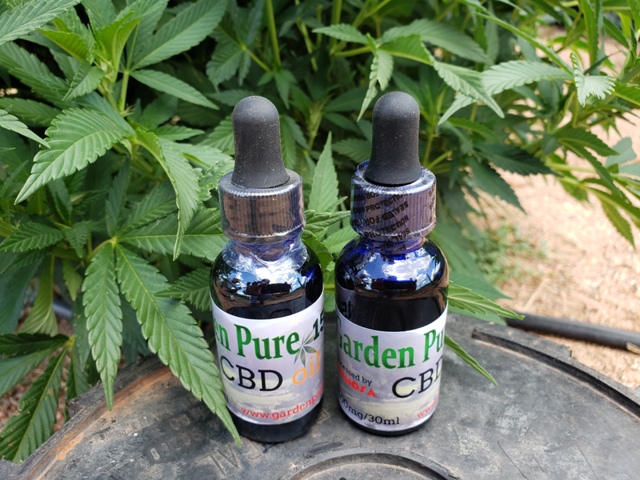Substance abuse and addiction are complex issues that affect millions of people worldwide, often leading to significant physical, mental, and social consequences. While traditional treatment approaches such as therapy and medication have proven effective for many individuals, there is growing interest in the potential role of CBD (cannabidiol) in addiction recovery. In this blog post, we’ll explore the relationship between CBD and addiction recovery, examining the evidence behind its use and its potential benefits in supporting substance abuse treatment.
Understanding Addiction and the Endocannabinoid System:
Before delving into the potential benefits of CBD for addiction recovery, it’s essential to understand how addiction works and the role of the endocannabinoid system (ECS) in regulating reward pathways in the brain. Addiction is characterized by compulsive drug-seeking behavior despite adverse consequences, often resulting from changes in brain chemistry and neurotransmitter function. The ECS, which consists of cannabinoid receptors (CB1 and CB2) and endocannabinoids produced by the body, plays a crucial role in modulating these reward pathways and regulating mood, stress, and cravings.

The Potential Benefits of CBD in Addiction Recovery:
Several preclinical and clinical studies suggest that CBD may offer potential benefits in addiction recovery by interacting with the ECS and modulating various neurotransmitter systems involved in addiction. One key way CBD may help individuals in recovery is by reducing drug cravings and withdrawal symptoms associated with substance abuse. For example, research has shown that CBD may attenuate cravings and anxiety in individuals with opioid addiction, potentially making it easier for them to abstain from drug use during recovery.
Additionally, CBD’s anxiolytic (anxiety-reducing) and antidepressant properties may help alleviate the negative emotions and psychological distress commonly experienced during addiction withdrawal and recovery. By promoting feelings of calmness and relaxation, CBD may support individuals in managing stress and emotional triggers that could lead to relapse. Furthermore, CBD’s anti-inflammatory and neuroprotective effects may help mitigate some of the neurobiological changes and cognitive deficits associated with chronic drug use, potentially aiding in the healing process during recovery.
It’s important to note that while preliminary research on CBD’s potential role in addiction recovery is promising, more high-quality clinical trials are needed to fully understand its efficacy and safety profile in this context. Additionally, CBD should not be viewed as a standalone treatment for addiction but rather as a complementary therapy that can be integrated into a comprehensive addiction treatment program tailored to individual needs.
Incorporating CBD into Addiction Treatment Plans:
When considering the use of CBD in addiction recovery, individuals must work closely with healthcare professionals and addiction specialists to develop personalized treatment plans. CBD products vary widely in terms of potency, formulation, and purity, so it’s essential to choose high-quality products from reputable manufacturers and adhere to recommended dosages.
CBD can be incorporated into addiction treatment plans in various ways, including oral administration (such as CBD oil or capsules), sublingual administration (CBD tinctures), topical application (CBD-infused creams or balms), or inhalation (vaping CBD oil). The optimal method of administration and dosage may vary depending on individual factors such as the type of addiction, severity of symptoms, and overall health status.
While more research is needed to fully understand the potential benefits of CBD in addiction recovery, preliminary evidence suggests that cannabidiol may offer promise as a complementary therapy for individuals seeking to overcome substance abuse when you read this post from TimeBusinessNews. By modulating the ECS and various neurotransmitter systems involved in addiction, CBD may help reduce cravings, alleviate withdrawal symptoms, and support emotional well-being during the recovery process. However, individuals need to approach CBD use in addiction recovery with caution and under the guidance of healthcare professionals to ensure safe and effective treatment outcomes.

